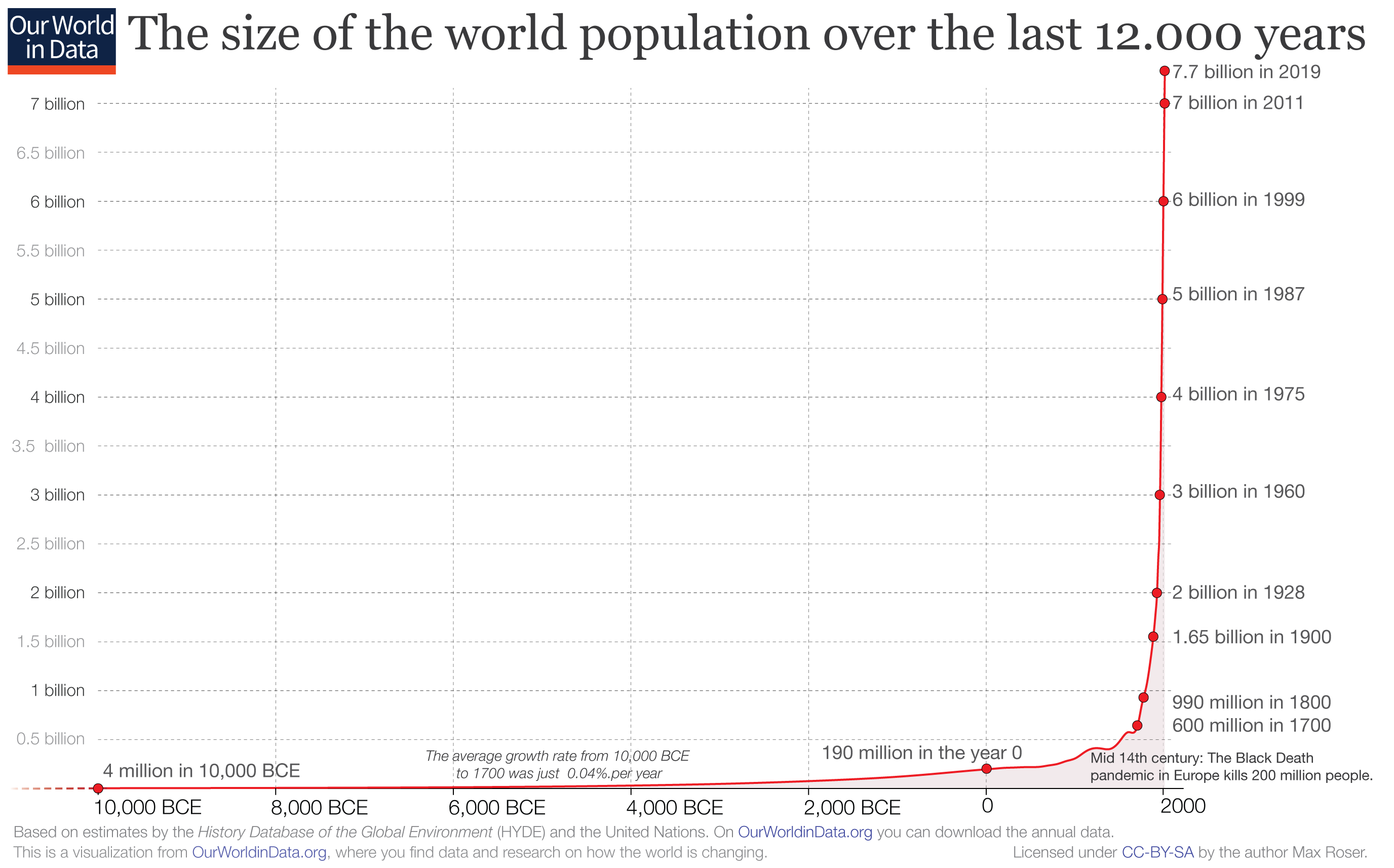Pager attack on Hezbollah forces Iranian-backed allies to rethink devices
Israel’s apparent ability to infiltrate global supply chains has sent ripples of fear through Iran’s network of armed groups across the Middle East.
By
Claire Parker,
Mustafa Salim and
Hazem Balousha September 22, 2024 at 2:44 p.m. EDT
CAIRO — Iranian-backed militants across the Middle East have ordered sweeping inspections of electronic devices, as they rethink how to protect their communications following the devastating attack that caused pagers and walkie-talkies used by their ally, Hezbollah, to explode.
In Iraq and the West Bank, senior militants allied with Iran said they are examining equipment and issuing new rules on the use of personal devices by fighters. Analysts say that other groups’ systems are more secure but that they will probably seek to better protect their supply chains as they take stock of the fallout.
“Extreme precautions will be taken, and we will keep devices away from us,” said a senior commander in the Jenin Battalion,
a coalition of West Bank fighters led by Palestinian Islamic Jihad. The commander, who spoke on the condition of anonymity out of concern for his security, said his operatives already avoided cellphones and had recently ditched handheld radios they suspected Israel of hacking.
Israeli authorities rarely discuss operations in other countries and have declined to comment on whether Israel was responsible for the attack on devices in Lebanon. But U.S. officials, who spoke on the condition of anonymity to discuss a sensitive subject, acknowledged that Israel was behind the operation and said it informed Washington afterward through intelligence channels.
The attack was unlike any other in size and scope, turning everyday devices into weapons of war. It began Tuesday,
when thousands of pagers distributed by Hezbollah exploded simultaneously across Lebanon, causing fear and panic on busy streets and in supermarkets, as the injured overwhelmed hospitals. The assault continued Wednesday with the detonation of more devices, including two-way radios. Lebanon’s Health Ministry said 37 people were killed over both days and about 3,000 more wounded.
Israel and Hezbollah have fought a low-level conflict for nearly a year, with the militant group linking its attacks to the
war in Gaza. But the complex pager and radio operation stunned Hezbollah, which wields significant military and political power in Lebanon and counts Iran as its key benefactor.
In a speech Thursday, Hezbollah leader Hasan Nasrallah said the attack dealt an “unprecedented blow” to the group, which began handing out the pagers in the spring. Hezbollah was worried that the intelligence behind Israel’s targeted assassinations of key commanders was based on hacked cellphone data, and in July, Nasrallah ordered his forces to stop using cellphones altogether.
The group has long prided itself on being able to fight Israel’s “tech sophistication with simplicity,” said Amal Saad, a Hezbollah specialist and lecturer at Cardiff University’s School of Law and Politics.
But Israel’s apparent ability to
infiltrate supply chains, perhaps years in advance, as well as penetrate the group’s low-tech communications network, has also sent ripples of fear through Iran’s web of armed groups in the region, including in Syria, Iraq, Yemen and the Palestinian territories. Like Hezbollah, some of these groups stepped up attacks on U.S. and Israeli targets to protest Israel’s military campaign in the
Gaza Strip.
In Iraq and Syria, militants were already spooked by the precision of
recent strikes targeting senior members, including in Baghdad, and they feared that Israel or the United States had attached tracking devices to items the groups imported from abroad, according to Lahib Higel, senior analyst for Iraq at the International Crisis Group.
“Israel has used a key vulnerability in the way Iran and its proxies operate,” said Michael Horowitz, head of intelligence at Le Beck International, a Middle East-based risk consultancy. “They tend to rely in part on dual-use commercially available products and parts,” he said, which “makes their supply chains quite vulnerable to a potential intelligence operation of the likes I think we are seeing.”
“This is a vulnerability that extends beyond Hezbollah to all of Iran’s proxies and Iran itself,” Horowitz added.
In Iraq, the sprawling network of militias loyal to Iran doesn’t use pagers, and they are probably less vulnerable to a similar type of attack, Higel said.
A senior member of the Islamic Resistance in Iraq, a network of Iranian-backed militant groups operating in Iraq and Syria, said the coalition was already “very cautious regarding the use of electronic devices, fully aware that they are eavesdropping tools.”
The member, who spoke on the condition of anonymity to discuss a sensitive subject, said fighters are not allowed to have smartphones; instead, they use basic phones that they keep switched off and turn on only when necessary. Militant leaders also exchange messages through wired connections or hand-delivered paper notes.
Still, after the explosions in Lebanon, “orders were also issued for a comprehensive inspection of all other devices,” the member said.
Higel said she expects the groups to seek to diversify their supply lines further.
Houthi-mobilized fighters parade during a ceremony Saturday marking the 10th anniversary of the Houthi takeover in Sanaa, Yemen. (Khaled Abdullah/Reuters)
In Iraq and Yemen, which is partly controlled by the Iranian-backed Houthis, the relative distance from Israel affords militant groups a small measure of protection. The Houthis essentially operate as a state in northern Yemen and control the country’s telecommunications institutions from the capital, Sanaa, according to Ahmed Nagi, the International Crisis Group’s senior analyst for Yemen. They also don’t have an extensive history of conflict with Israel, he said, so it’s unlikely that Israeli intelligence would have been interested in laying the groundwork for a major covert operation there.
But the Lebanon attacks were a “game changer,” and the Houthis are “going to reassess all their supplier networks, things related to their telecommunication devices hardware, because it’s not something normal,” Nagi said.
Nasruddin Amer, a Houthi spokesman, said the group was following the device explosions and “learns lessons” from events in Lebanon.
Hezbollah, however, was always one of Israel’s primary targets. “The priority for Israel is always Hezbollah, given its superior capabilities and history of conflict with the Jewish state,” said Bilal Saab, a former Pentagon official and head of the U.S.-Middle East practice of Trends Research and Advisory, a consulting firm.
“Hezbollah is more vulnerable because the Lebanese terrain is ideal for intelligence collection and operations: weak state capacity, political division and economic collapse,” he said.
The other group in Israel’s crosshairs is Hamas, which for years controlled the Gaza Strip. Before that, its fighters operated largely underground.
Israel killed chief Hamas bomb maker Yahya Ayyash in 1996
by rigging his cellphone with explosives. The bomb detonated when he answered the phone in Gaza.
Ibrahim al-Madhoun, a Turkey-based Palestinian political analyst who is close to Hamas, said the group
detected other attempts to tamper with its communications networks in Gaza. In 2018, a
botched undercover Israeli mission — reportedly to infiltrate Hamas’s private communications system — ended in a firefight and Hamas’s discovery of Israeli spying devices planted underground in central Gaza,
Al Jazeera reported. After a brief war with Israel in 2021, Madhoun said, Hamas officials scanned and discovered compromised electronic devices being shipped into Gaza on numerous occasions.
Hamas has long been on guard against this type of sabotage, he said — since 2008, the group’s military wing has used a wired telecommunications system in Gaza, though Israeli bombardment during the current war has damaged the network significantly.
Nonetheless, since October, Hamas chief Yahya Sinwar — Israel’s most wanted man, who is believed to be hiding in the group’s extensive tunnel network in the enclave — has managed to smuggle messages to Hamas officials abroad, including recent letters addressed to the leaders of Hezbollah and the Houthis in Yemen.
Basem Naim, a senior Hamas official, declined to comment on whether the group would take additional security measures in the wake of the Lebanon attacks.
But while Israel may have intended to instill fear among Hezbollah and its allies, analysts said, that doesn’t necessarily mean Israeli intelligence agencies could carry out a covert attack of similar sophistication and scale elsewhere in the region anytime soon.
“We have to remember that this is quite a significant capability that the Israelis have that they have now revealed,” said Higel, the Iraq analyst. “That takes a while to build up, and they probably are not going to be able to replicate it in the same way.”



www.telegraph.co.uk









